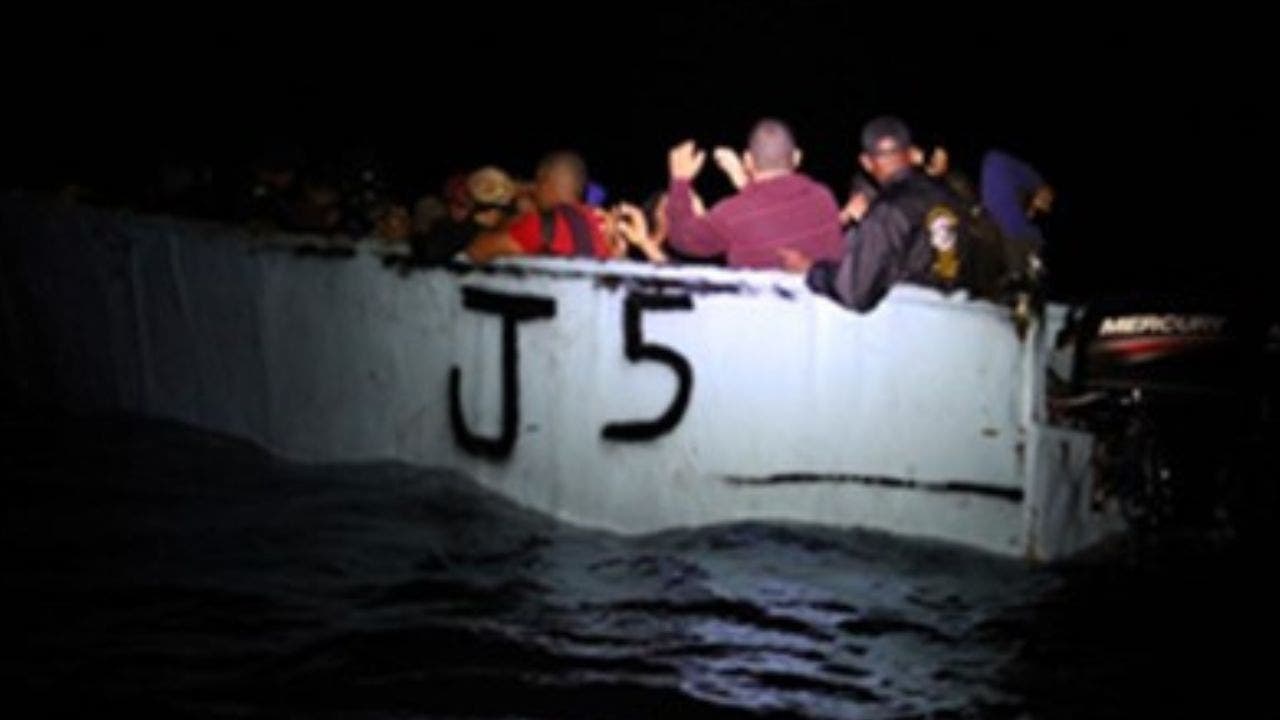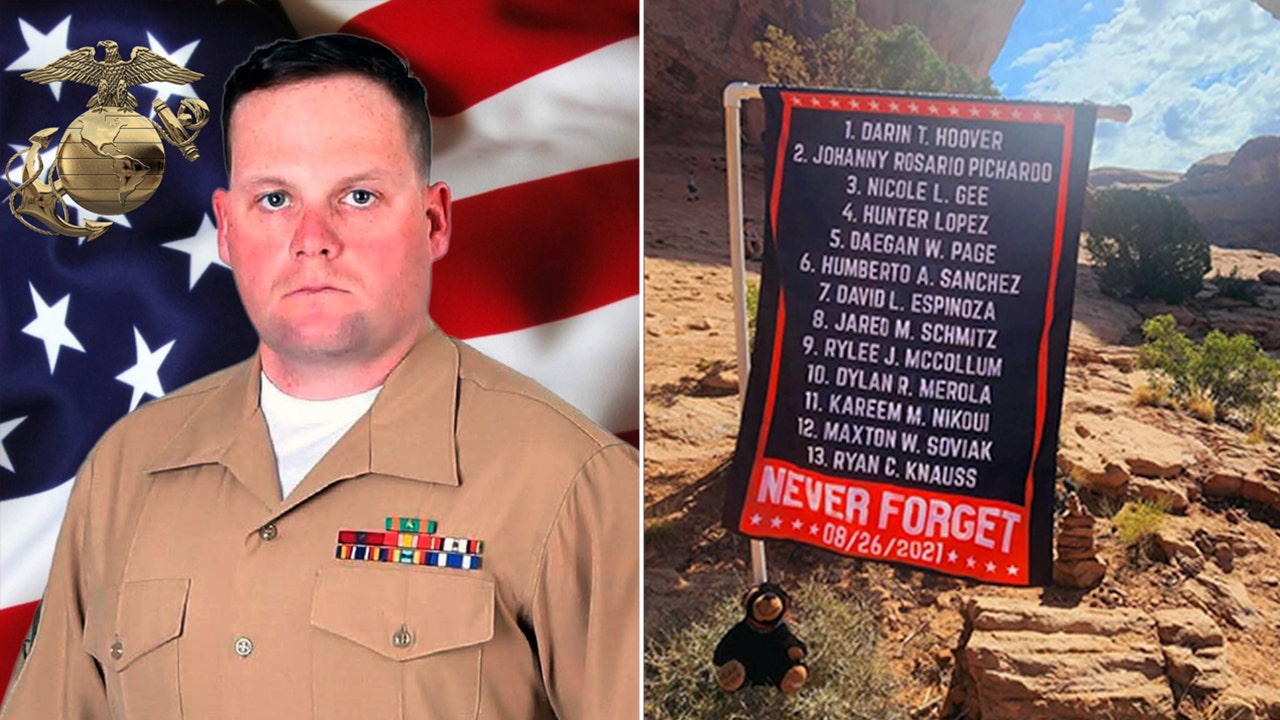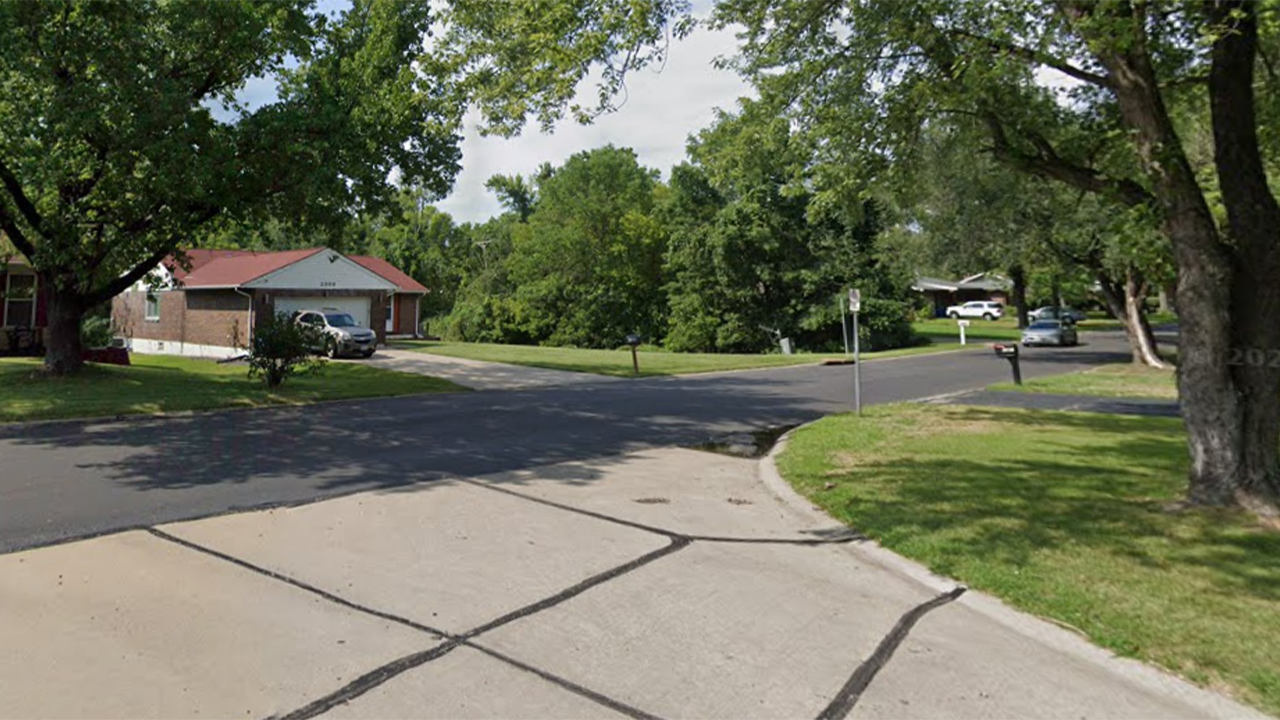Manal al-Wakeel and her extended family of 30 people thought they were going home.
Displaced from their home in Gaza City months ago, Ms. al-Wakeel and relatives began packing their bags on Monday and preparing to dismantle their tent in Rafah, at the southern edge of the Gaza Strip.
Hamas had announced that it had accepted a cease-fire proposal from Qatar and Egypt, leaving many Gazans thinking that a truce was imminent. Their joy was short-lived; it soon became clear that Hamas was not talking about the same proposal endorsed days earlier by Israel, which said the two sides remained far apart.
Instead, Israeli warplanes dropped leaflets in eastern Rafah telling people to flee and move to what Israel called a humanitarian zone to the north, as the Israeli military bombarded the area. Gazan health officials say that dozens have been killed since Israel’s incursion into parts of Rafah this week.
“We thought that day a cease-fire was possible,” said Ms. al-Wakeel, 48, who helped the aid group World Central Kitchen prepare hot meals.
She and her family had been sheltering near the Abu Yousef al-Najjar Hospital, in an area battered by Israeli airstrikes and ground combat. The director of the hospital, Dr. Marwan al-Hams, said on Monday that it had received the bodies of 26 people killed by Israeli fire, and treated 50 who were wounded. The hospital was evacuated the next day.
So rather than return home, on Tuesday night Ms. al-Wakeel, her husband, her 11 children and other relatives found a semi-truck that would take them and their belongings, including suitcases of clothes, pots and pans and tents, for 2,500 shekels — about $670 — in search of another place to stay.
They left Rafah around midnight and made their way north along with hundreds of tuk-tuks, trucks, cars and donkey-carts full of other displaced families and their possessions.
“It was a scary night, the truck was moving slowly because of the heavy load on it,” she said.
Once out of Rafah, they made frequent stops at schools and other buildings, desperately looking for any empty place for them to shelter. But every place was full.
Others couldn’t find a place, either, and Ms. al-Wakeel saw many people sleeping by the side of the road next to whatever belongings they had fled with.
At a U.N. school in Deir El-Balah, a young man suggested they stay in an empty concrete building — with no windows or doors — that belonged to the Hamas-led government’s ministry of social development.
“It looked like a dangerous place,” she said, adding that they had been told that a woman and her daughter had previously been killed in one of the building’s rooms by an Israeli missile.
But they were too afraid to continue roaming around in the darkness, and decided to spend the night there and look for a safer place come morning.
“I feel so sad and disappointed for what happened to Rafah as it was stable for us there,” she said. “We have spent so much time having to arrange new places for ourselves again and we feel depressed and so exhausted from repeating the same suffering.”
Saeda al-Nemnem, 42, had given birth to twins less than a month before Israel dropped the leaflets over where they were sheltering in Rafah, ordering them to leave. Her family, also displaced from Gaza City, dispatched a relative to look for a truck that could ferry them north, despite the intense Israeli airstrikes at the time.
The relative, Mohammed al-Jojo, was killed by an Israeli strike on the tractor he was riding, she said.
He “was killed when he was getting us out of that area to a safer place,” she said. “I feel I caused his death.”
Despite the dangers in getting on the road, staying where they were in Rafah was no safer.
Along the terrifying journey to the city of Khan Younis, where she and her family of eight found shelter in a room attached to Al Aqsa University’s main building, they could hear what seemed like explosions from Israeli bombs, missiles and artillery, she said.
“My children’s heartbeats were so high that I could feel them,” she said. It was the heaviest bombardment she had ever heard, she said, “so close and so terrifying for me and my children.”






